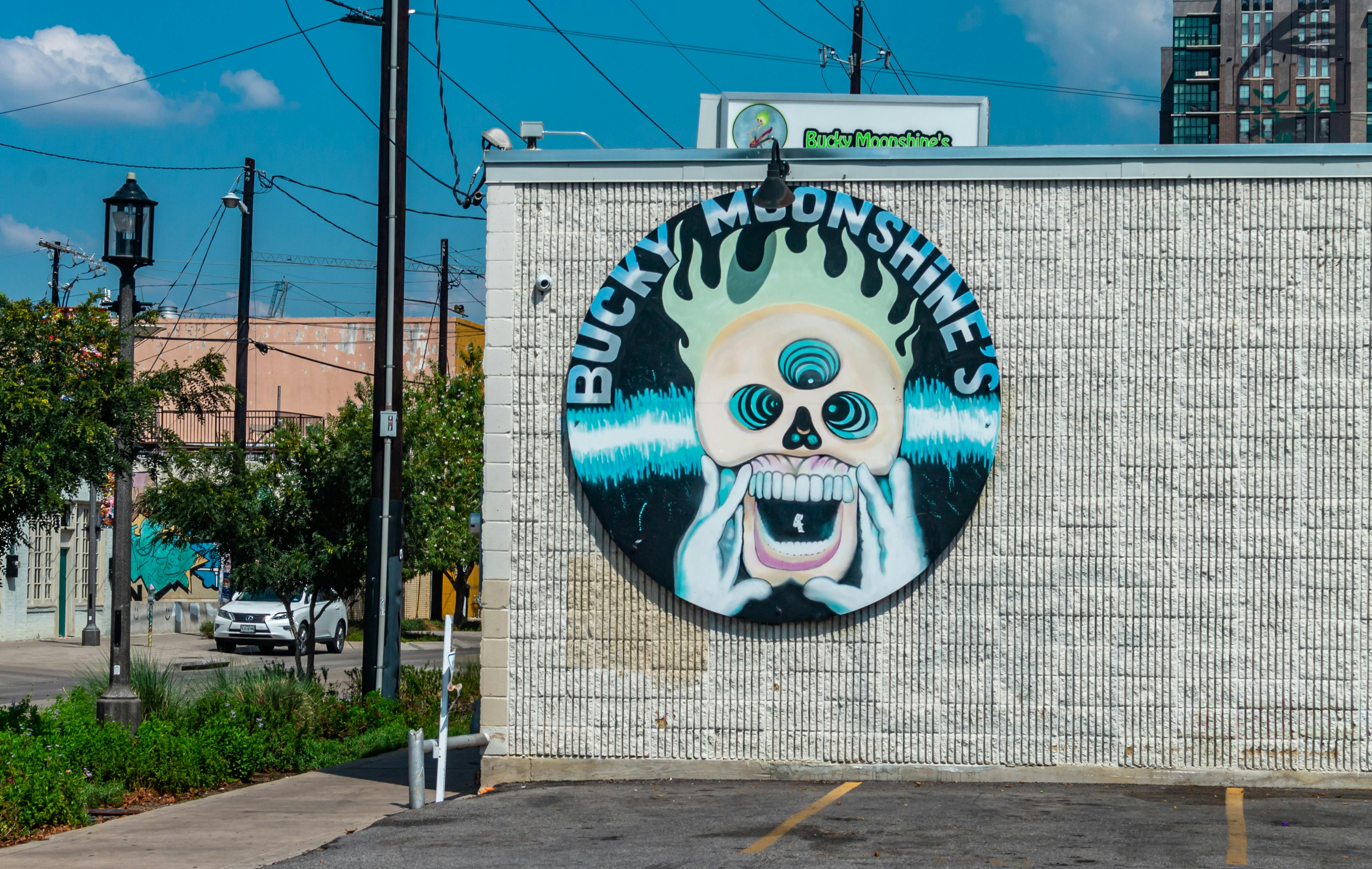
Actionable Steps for a Safer Tomorrow: Practical Tips for Community Advocacy
Hope requires action. For the residents directly impacted and for the wider city looking to support the revitalization of South Dallas, the path forward must be paved with concrete, actionable steps that tie aspirations to reality. The goal is to transition from reacting to tragedy to proactively engineering stability.
Tip 1: Master the Mechanics of Municipal Process. Find out more about stronger short-term rental guidelines South Dallas.
To effectively lobby for the “stronger guidelines,” one must understand where the current policy levers are. The recent zoning effort is a prime example of an opportunity.
- Understand the Timeline: If a city plan is moving through committees before the City Council vote, that is the critical window. Find out exactly which committee holds the next hearing for the South Dallas/Fair Park Area Plan amendments.
- Leverage Existing Data: The increased police budget proposal and its focus on officer salaries can be used as a leverage point. Demand that a specific portion of the public safety funds be dedicated to proactive community liaison roles within the South Dallas patrol areas, focusing on building the community trust Police Chief Comeaux recently spoke about.. Find out more about local accountability for Bexar Street rentals guide.
- Use the Right Language: When communicating with elected officials, frame your desire for stricter enforcement not as “anti-development,” but as **”pro-neighborhood stability”** and “pro-local investment integrity.”
Tip 2: Turning Capital Flow into Community Strength. Find out more about systemic improvements for South Dallas neighborhood stability tips.
The massive influx of capital—from private developers to philanthropic grants—must benefit the people who are staying. If your local community development corporation or non-profit is receiving funds for job creation or housing, ask pointed questions:
- What is the percentage of local hiring required for new construction projects?
- What are the specific metrics for success for the new affordable housing units being proposed? Are they deed-restricted for 30 years or 10?. Find out more about advocacy for community safety improvements Dallas strategies.
- How is the grant money being used to ensure current residents can access homeownership opportunities amid rising values, perhaps through down-payment assistance programs?. Find out more about Stronger short-term rental guidelines South Dallas overview.
This approach shifts the dynamic from passive recipients of change to active co-investors in the neighborhood’s future. If you are looking for information on how to secure housing or support community development in the area, looking into resources provided by the **Texas Department of Housing and Community Affairs** can illuminate the broader state-level frameworks that influence local action.
Tip 3: The Power of Focused, Cross-Sector Advocacy
The issues are intertwined: safety, housing, transportation (like the ongoing safety improvements on Loop 12), and economic opportunity. True stability requires addressing all of them. A powerful example of this intersection is the push for better pedestrian safety on major corridors. The desire for signals and lighting is a *safety* guideline, but improved walkability directly impacts *neighborhood quality of life* and *local commerce*. When advocating, link these elements together. Don’t just ask for better policing; ask for the comprehensive urban planning that makes communities inherently safer. For context on how major cities handle these intertwined issues, reviewing best practices in **gentrification in urban centers** can offer models for policy success.
The Enduring Promise: A Future Built on Resolve, Not Reaction. Find out more about Local accountability for Bexar Street rentals definition guide.
The pain of recent events in South Dallas is real, and the calls for immediate, effective policy change are just, supported by recent, tangible economic trends that demand careful stewardship. This is not the time for platitudes; it is the time for precise, fiercely defended policy implementation. The conversation about **stronger guidelines to ensure neighborhood stability** is the bedrock of the next chapter. It is a direct response to the recognized failure to consistently enforce existing standards, a failure that recent zoning meetings are actively working to correct with the South Dallas/Fair Park Area Plan. Residents are demanding a new era of municipal diligence where “neighborly conduct” isn’t a suggestion but a mandatory condition of operation within their community. Simultaneously, the evidence of **investment in North Texas** shows that the area’s inherent value is being recognized by significant financial players. This momentum—the multi-million dollar grants, the major construction announcements—is the fuel for the future. The task now is to ensure this economic engine is steered by the community’s core values. This commitment to advocacy, rooted in a deep, unwavering love for their home, is the most powerful force shaping South Dallas today. It is the assurance that when the city commits resources, like the substantial public safety investments being discussed in the latest budget proposals, they will be directed toward sustainable, community-centric outcomes. The Key Takeaways for Today, October 30, 2025:
- Enforcement is the New Standard: The community’s top priority is clear, rapid, and non-negotiable enforcement of regulations to protect neighborhood stability against volatile development.
- Investment is Present, Scrutiny Must Match: Recognize and leverage the current wave of public and private investment to demand corresponding community benefits and anti-displacement measures.
- Optimism is an Action Verb: The strong belief in South Dallas’s positive trajectory is being physically demonstrated through active participation in planning efforts and persistent advocacy.
Call to Action: What specific guideline—be it regarding property maintenance or local conduct—do *you* believe needs immediate, rigorous enforcement in *your* neighborhood? Share your thoughts and your local examples below. Let’s keep the focus sharp and the resolve unbreakable, ensuring that the positive trajectory of South Dallas is a shared journey, not a forced march.
